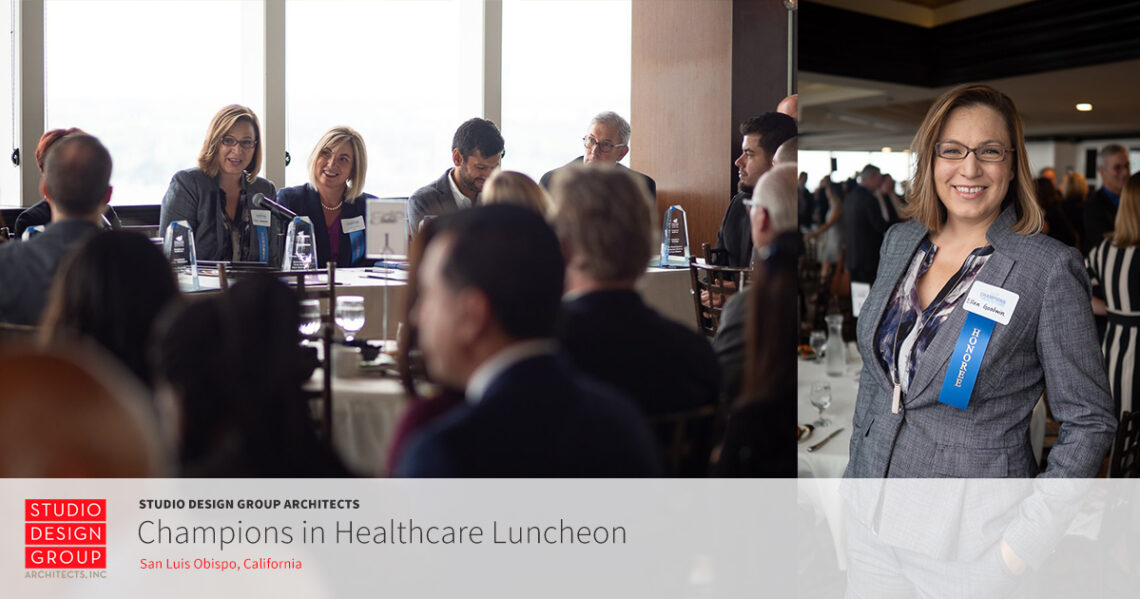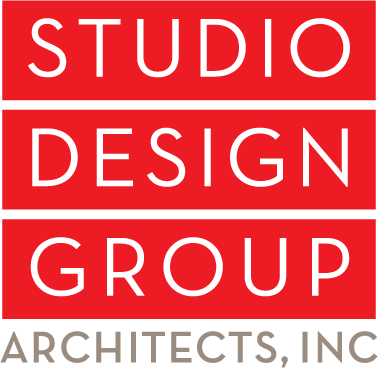
Once again, a big congratulations to our very own Ellen Goodwin! Last week Ellen was recognized as a Champion in Healthcare by the Pacific Coast Business Times. The organization held a celebratory luncheon at the Tower Club in Oxnard, where the 9 nominees were commended for their outstanding work. Key figures throughout the Central Coast and California came to share their congratulations. Congressman Salud Carbajal presented a Certificate of Special Congressional Recognition, along with Assembly members Julia Brownley and Jordan Cunningham.
The award luncheon featured a panel of speakers, moderated by Henry Dubroff, editor of the Pacific Coast Business Times. Ellen was honored with speaking on the panel, and responded to questions on the event’s theme: managing disruption in healthcare. Here are her answers:
1) How has technology and the changing landscape of medicine impacted your area of expertise?
“We are constantly seeing new inventions and new technology introduced every few years, meaning medical practices have to be dynamic to constantly shift and change to keep up with new research. However, in terms of architecture, the built environment for the most part is static. Medical practices are updated every few years but you’re lucky if your facility is able to be remodeled or expanded every few decades. This means that projects being built today must have flexibility and adaptability in mind.
When master planning a campus, the team must think of how they can plan for the unforeseen. Sometimes this means building beyond the current code and licensing requirements—so often a facility may need to conserve costs and therefore will build to the minimum requirements. This can end up costing more in the long run if a remodel or expansion is not designed in such a way that it is flexible and could be easily adaptable to new needs within the coming 5-10 years.”
2) What’s the one thing in your field that keeps you up at 3am?
“The one thing I worry about in the middle of the night is do the people in my buildings feel cared for and do they feel safe? We so often take for granted the psychological impact the built environment has on our emotional well being. Historically, hospitals have been eschewed by the architectural world as they’re seen as unglamorous and as places most people try to avoid. This sentiment has evolved over recent years as an aging population has made society on the whole realize how much time we end up spending in the hospital and that it’s possible for this experience to be pleasant, even luxurious.
People have some of the most intense experiences of their lives in hospitals— families bring babies into the world in my buildings, people’s lives are saved, and people say good-bye to their loved ones. The architectural environment has to simultaneously be able to come forward and be present in the moment so the nurses and physicians, such as the esteemed members on this panel, can take care of immediate needs, and then the architecture needs to be able to subside and become almost imperceptible—it’s on your radar only in terms of emotion. Do you feel good, do you feel refreshed, do you feel well cared for and relaxed? My hope is that for everyone in my buildings feel like they are held comfortably and that they feel good.”
As an architect, I must walk in the shoes of many—the patient, the patient’s support members, the clinical staff, the nurses & providers, the registration team, the security staff, the maintenance & facilities management team, and the big picture thinkers overseeing the whole facility. How can the same space, the same architecture, support all of them? And is there anything that can be improved in the built environment to support saving more lives?”
Ellen is truly an exceptional architect. She is deeply invested in supporting the needs of the end user, and incorporating inclusivity into every aspect of her designs. We are enormously proud to have her leading our team, and representing Studio Design Group Architects throughout our community.
Congratulations Ellen!
